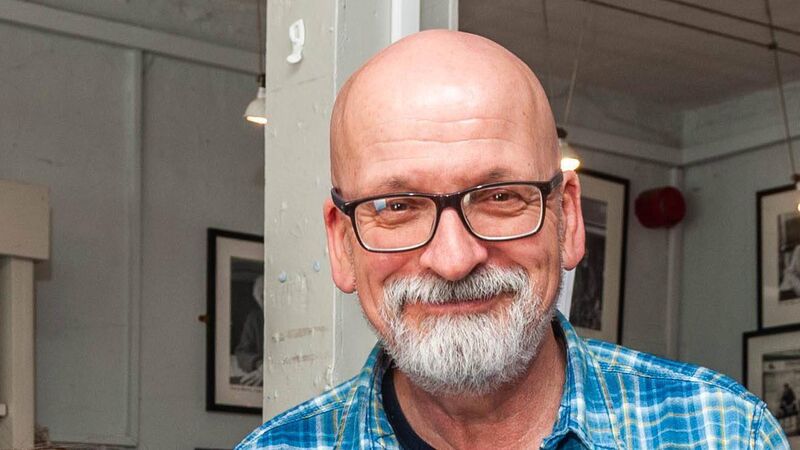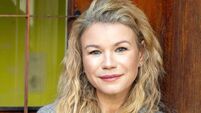Book review: Living after a history of abuse

Roddy Doyle catches the tone of voice of working-class Dublin with uncanny accuracy. Picture: Andy Gibson.
- The Women Behind the Door
- Roddy Doyle
- Jonathan Cape, €16.99
BOOKS & MORE
Check out our Books Hub where you will find the latest news, reviews, features, opinions and analysis on all things books from the Irish Examiner's team of specialist writers, columnists and contributors.







